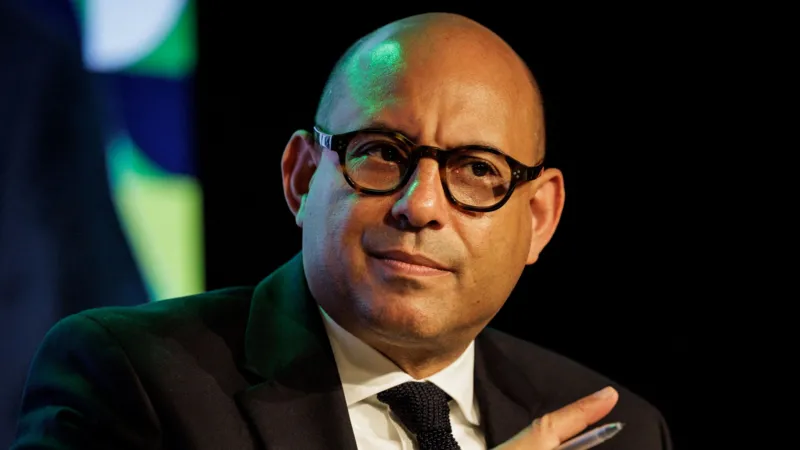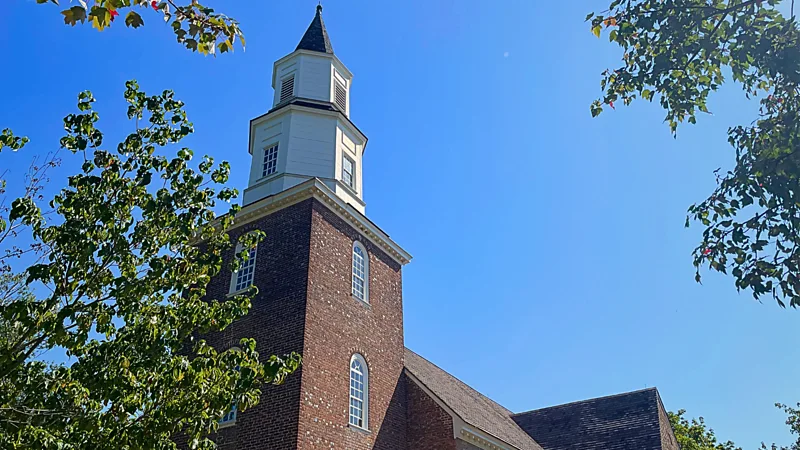Supreme Court latest: 'Woman' in UK law refers to biological sex, Supreme Court rules
The Supreme Court has ruled that "woman" in UK law refers to biological sex, marking the end of a long-running legal battle between the Scottish government and a women's campaign group. Watch live reaction on Sky News below.

Campaigners sing Auld Lang Syne after ruling
Here are some images of the celebrations by For Women Scotland campaigners in Edinburgh after news of this morning's verdict.
Our Scotland correspondent Connor Gillies is among the group as they break into a rendition of Auld Lang Syne, the classic Scottish song based on a poem by Robert Burns.
Ruling 'undermines vital human rights', trans activist says
We can now bring you some reaction to this ruling from Scottish Greens activist Ellie Gomersall, a 25-year-old trans woman who lives in Glasgow.
"I'm gutted to see this judgement from the Supreme Court, which ends 20 years of understanding that transgender people with a gender recognition certificate are able to be, for almost all intents and purposes, recognised legally as our true genders," she says.
"These protections were put in place in 2004 following a ruling by the European Court of Human Rights, meaning today's ruling undermines the vital human rights of my community to dignity, safety and the right to be respected for who we are.
"This ruling represents yet another attack on the rights of trans people to live our lives in peace.
"With hate crimes against trans people on the rise across Britain, it's time for the UK Labour government to stop sitting on the fence when it comes to the human rights of trans people, to step up, and defend one of the most vulnerable minorities in the country."
'A very practical, common-sense decision'
We've just heard from legal commentator Joshua Rozenberg reacting to the judge's remarks.
"This is a way of bringing clarity to a very confused area of the law," he says. "I think it's a very practical decision. It's a very common-sense decision."
Rozenberg says this decision gets round many "practical problems" that the judge outlined during his remarks.
"But, as you heard, Lord Hodge went to considerable lengths to say that although this was a victory for the campaign group, it wasn't a defeat for the trans community.
"He was making it very clear that their rights are protected. It doesn't mean that they can be discriminated against. They have rights under the Equalities Act."
Rozenberg praises the decision for being "very clear and decisive", which he says will no doubt please those who feared today's ruling might have created "some sort of grey area".
Unanimous decision greeted by cheers - but there will be disappointment for trans campaigners
Speaking outside the Supreme Court, our correspondent Alice Porter hears cheers from campaigners against the Scottish government.
She says the judge ruled it was a unanimous decision of the court that in the case of the 2010 Equality Act refers to biological sex - and not necessarily somebody who has a gender recognition certificate.
"That was what this case rested on," she adds.
"Now, this will be welcomed by For Women Scotland, but of course there will be transgender campaigners and the community who will be very disappointed by the decision today at the Supreme Court."
Trans people still have protection under law
In his ruling, which ended a short moment ago, Lord Hodge said: "As I shall explain later in this hand down speech, the Equality Act 2010 gives transgender people protection, not only against discrimination through the protected characteristic of gender reassignment, but also against direct discrimination, indirect discrimination and harassment in substance in their acquired gender."
'Woman' refers to biological sex, says judge
It's the "unanimous decision" of this court that the terms "woman" and "sex" refer to a biological woman and biological sex in the Equality Act 2010, Lord Hodge says.
"But we counsel against reading this judgment as a triumph of one or more groups in our society at the expense of another," he adds, as he prepares to set out a definitive ruling shortly.
"The Equality Act 2010 gives transgender people protection not only against discrimination through the protected characteristic of gender reassignment, but also against direct discrimination, indirect discrimination and harassment in substance in their acquired gender.
"This is the application of the principle of discrimination by association.
"Those statutory protections are available to transgender people, whether or not they possess a gender recognition certificate."
His full remarks are not over yet, but there were cheers for supporters of For Women Scotland in Edinburgh when the judge read out this part of his remarks.
Judge sets out central question of today's ruling
Lord Hodge is now speaking in the Supreme Court and sets out today's case.
He says it's not the task of the court to make policy on how the interests of the trans community should be protected.
"Our role is to ascertain the meaning of the legislation which parliament has enacted to that end," he says.
"The central question on this appeal is the meaning of the terms woman and sex in the Equality Act 2010.
"Do those terms refer to biologic women or biological sex? Or is a woman to be interpreted as extending to a trans woman with a gender recognition certificate?"
The judges overseeing today's ruling
Five judges are at the Supreme Court to deliver their ruling.
These are Lord Reed, Lord Hodge, Lord Lloyd-Jones, Lady Rose and Lady Simler.
They were same justices who heard the initial appeal in November last year during a two-day hearing.
They said then they would "take time to consider [the appeal] very carefully" before issuing their judgment on 16 April - today.
What have the two sides said?
Five judges at the Supreme Court heard arguments from both sides of this case last November ahead of today's ruling.
Ruth Crawford KC, for the Scottish government, told the court that a person with a GRC, which she said was a document legally recognising a change of sex and gender, was entitled to the "protection" afforded to their acquired gender as set out in the 2010 Equality Act.
But Aidan O'Neill KC, representing For Women Scotland, said "sex just means sex, as that word and the words woman and man are understood and used in ordinary, everyday language, used every day in everyday situations by ordinary people".
O'Neill called for the court to take account of "the facts of biological reality rather than the fantasies of legal fiction".
The legal fight between Scottish government and campaigners that led to today
How did we get here?
The legal dispute stems back to the Gender Representation on Public Boards (Scotland) Act 2018, which aimed to increase the proportion of women on public boards.
The campaign group For Women Scotland (FWS) successfully challenged the original act over its inclusion of transgender women in its definition of "women".
The Court of Session in Edinburgh ruled that changing the definition of a woman in the act was unlawful, as it dealt with matters falling outside the Scottish parliament's legal competence.
The Scottish government dropped the definition from the act and issued revised statutory guidance.
This stated that under the 2018 Act the definition of a woman was the same as that set out in the Equality Act 2010, and also that a person with a gender recognition certificate (GRC) recognising their gender as female had the sex of a woman as per the 2004 Gender Recognition Act.
FWS challenged the revised guidance on the grounds that sex under the Equality Act referred to its biological meaning and said the government was overstepping its powers by effectively redefining the meaning of "woman".
The group argued the guidance could have implications for the running of single-sex spaces and services.
FWS's challenge was twice rejected by the Court of Session (2022 and 2023), with judge Lady Haldane ruling in 2022 that the definition of sex was "not limited to biological or birth sex".
FWS was later granted permission to appeal to the UK Supreme Court - and that ruling is what we're hearing this morning.
-SKY NEWS






